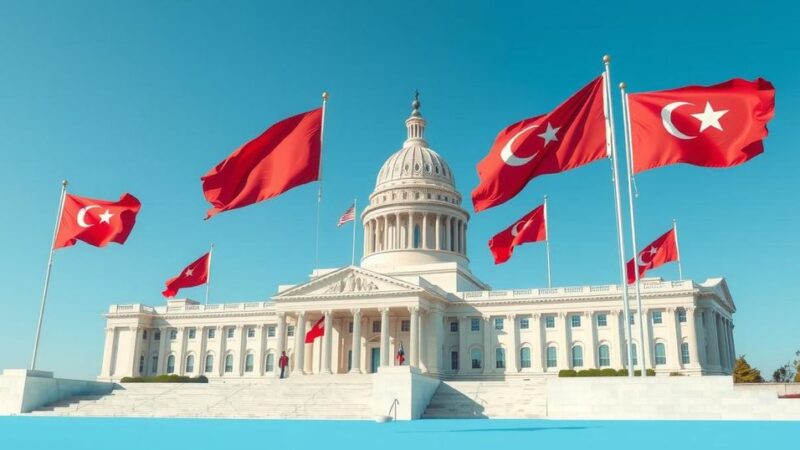Mozambique’s journey to political reconciliation post-civil war reflects significant milestones, including the 1994 multiparty elections and ensuing peace agreements. Despite economic growth and reforms, underlying tensions between Frelimo and Renamo persist, culminating in allegations of electoral fraud and violence in recent elections. The nation continues to grapple with economic challenges and disparities in development, emphasizing the need for dialogue and genuine reform to achieve sustained peace.
Mozambique’s journey towards peace and political reconciliation post-civil war has been complex and tumultuous. The multiparty elections of October 1994 marked a pivotal moment, concluding the lengthy conflict between the ruling Frelimo party and its opposition, Renamo. Throughout the years, Frelimo transitioned from a Marxist-Leninist party to embrace democratic ideals and multiparty governance, culminating in a new constitution. Simultaneously, Renamo reconstructed its public image and engaged politically, leading to elections deemed free and fair by international observers, with Frelimo securing a majority while still including Renamo in governance.
However, remnants of the civil war lingered, especially with the persistent issue of landmines scattered across rural areas. Mozambique faced numerous challenges in successfully demobilizing armed factions and ensuring stability. Furthermore, natural disasters in the early 21st century, such as floods and droughts, compounded existing economic difficulties, though debt relief and foreign investment offered hope for recovery.
Political tensions reemerged between Frelimo and Renamo, with Renamo initiating an insurgency in protest against perceived marginalization. A new peace agreement in 2014 attempted to address these issues, yet conflicts resumed afterward. The elections of 2014 saw Frelimo maintain power, but subsequent elections continued to reveal underlying unrest, culminating in allegations of electoral fraud in the contested 2019 and 2024 elections. Allegations of violent suppression and intimidation during upcoming electoral processes underscored the fragility of Mozambique’s political landscape and stability therein.
Despite prospects for economic growth driven by natural gas reserves, a severe debt crisis and natural calamities hindered progress, underlining systemic issues that prevent equitable development in the social landscape of Mozambique. As the nation grapples with these challenges, the concern remains whether true reconciliation and genuine democratic governance can be achieved.
Since gaining independence from Portugal in 1975, Mozambique has struggled with civil conflict, particularly between Frelimo, the ruling party, and Renamo, the opposition. The civil war, which persisted throughout the 1980s and early 1990s, concluded with the 1992 Rome Peace Accord. The transition to a democracy was marked by a series of multiparty elections beginning in 1994. However, while initial elections presented hope for stability and governance reform, subsequent years demonstrated that political strife and economic challenges persisted amid efforts for reconciliation and growth.
In summary, Mozambique’s post-civil war era has been characterized by a gradual shift towards democracy and political reconciliation, yet underlying issues of poverty, political marginalization, and allegations of electoral misconduct have hindered true stability. The ongoing tensions between Frelimo and Renamo illustrate the fragility of peace agreements, highlighting the essential need for sincere dialogue and reform. Moving forward, addressing economic disparities and fostering inclusive political participation remain crucial for the nation’s long-term peace and prosperity.
Original Source: www.britannica.com






